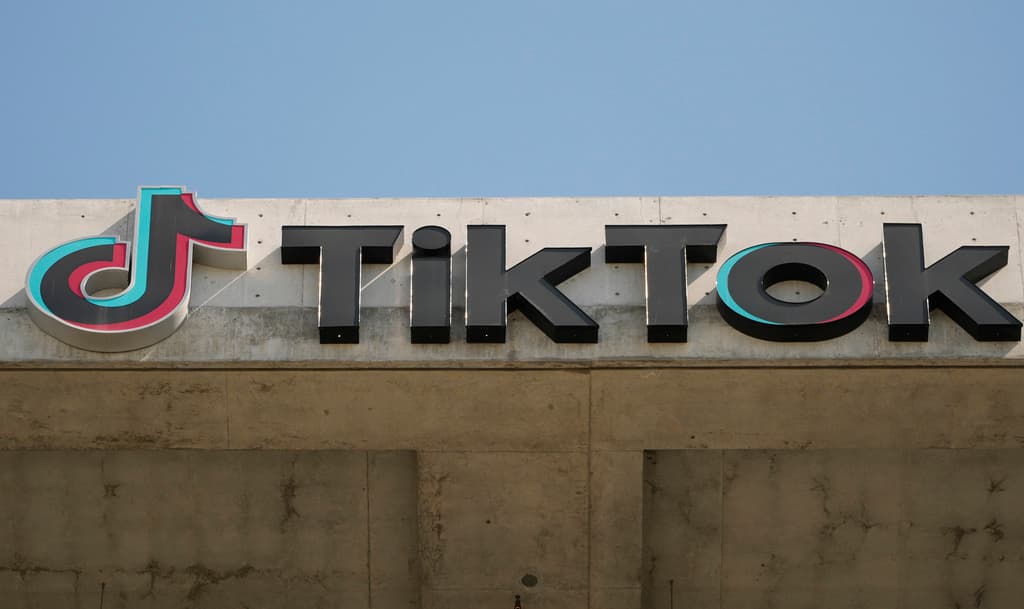Trump Asks High Court To Pause Looming TikTok Divest-or-Ban Law
The president-elect says the looming January 19 TikTok ban, a day ahead of his inauguration, is ‘unfortunate timing.’

President-elect Trump on Friday asked the Supreme Court to pause a law that would force TikTok to divest from its Chinese parent company or face a national ban by January 19, calling the looming deadline “unfortunate timing.”
The bipartisan law at issue, the “Protecting Americans from Foreign Adversary Controlled Applications Act,” recently landed at the Supreme Court after months of heated legal debate over whether the divest-or-ban law is a First Amendment violation or a necessary national security measure. The Supreme Court has so far deferred pausing the law, instead setting oral arguments for January 10 in the highly-expedited case.
A login link has been sent to
Enter your email to read this article.
Get 2 free articles when you subscribe.

